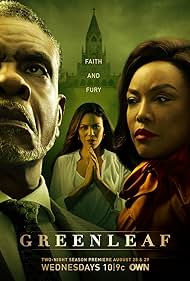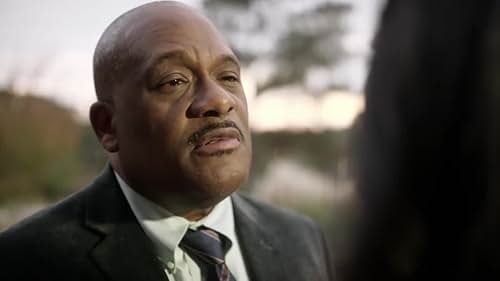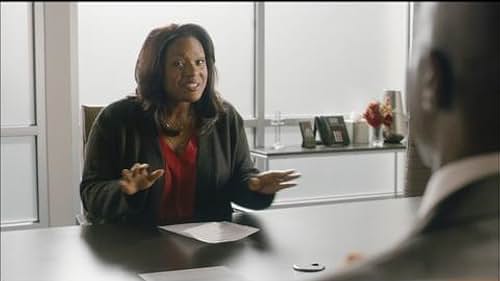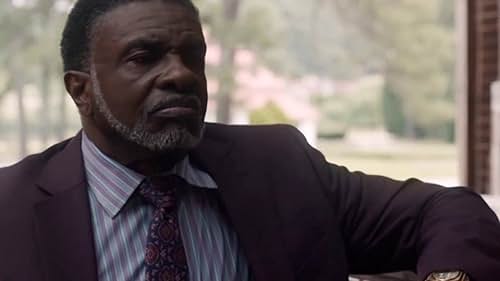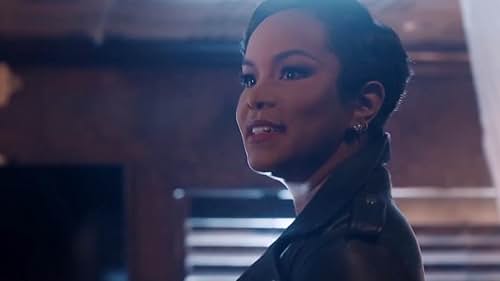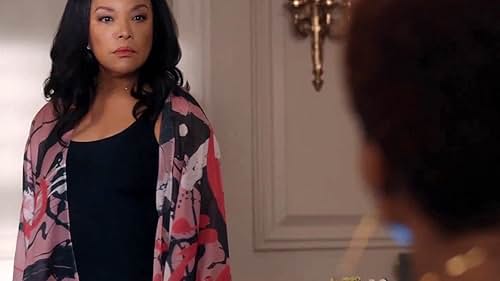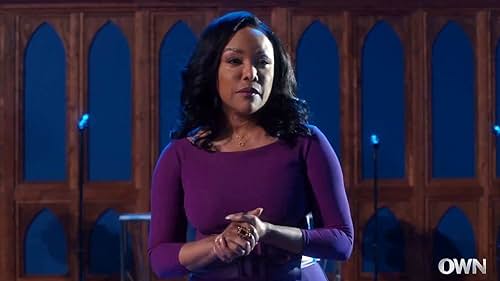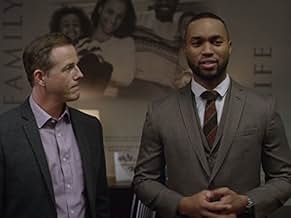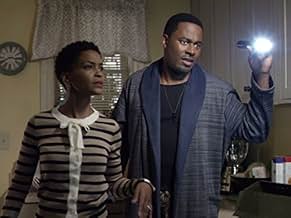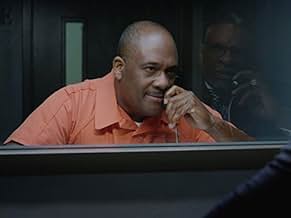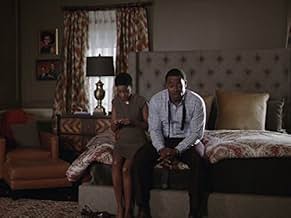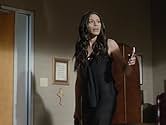The unscrupulous world of the Greenleaf family and their sprawling Memphis megachurch, dark secrets, and lies.The unscrupulous world of the Greenleaf family and their sprawling Memphis megachurch, dark secrets, and lies.The unscrupulous world of the Greenleaf family and their sprawling Memphis megachurch, dark secrets, and lies.
- Awards
- 5 wins & 12 nominations
Browse episodes
Storyline
Did you know
- TriviaActor, author, and Marine veteran Greg Alan Williams rescued Takao Hirata from a mob at the intersection of Florence and Normandie during the 1992 Los Angeles riots.
- ConnectionsFeatured in The IMDb Show: Take 5 With Moran Atias (2019)
Featured review
The best of what Greenleaf has to offer can be seen in a family dinner conversation in the first episode. Ex-minister Grace has come back to the city of her father's megachurch for her sister's funeral, and mentions that she rarely goes to church in her new town. Her sister-in-law Kerrisa jumps on it, passive-aggressively asking why. Grace's mother insists on an answer, and the whole conversation devolves into a tense mess of resentment and jealousy. It is fascinating.
Much of my fascination with Greenleaf is that, for me, a white, big- city atheist, this world is so outside of my experience, in part because everyone's black, but more because everyone accepts Jesus as a very tangible figure in their lives. Only Grace is the sort of Christian I'm used to - the "I'm more spiritual than religious" type, and in her case she is torn between that and her evangelical roots.
Even though Jesus is so real for them, they are still human. One is clearly gay and trying hard not to be. The church head seems to be casually corrupt. Even Grace's odious pedophile uncle is probably a believer although he seems to flout everything in the bible.
There are some very interesting characters. Grace, her starchy mom and glad-handing dad, and most notably Kerrisa, played by Kim Hawthorne as a controlling, anxious woman resentful that following all the rules hasn't made her happy. She's awful, but also tragic.
I often object to character-driven dramas without much story, but in this case, I feel the story arc lays an element of artifice over these fascinating dynamics. Grace stays in town to play detective, looking for proof of her uncle's crimes, and while this story would be fine if it felt like just a part of the drama, its centrality overshadows the series' more subtle aspects.
I like Greenleaf, but I feel I would like it more if everyone just stayed at the dinner table forever.
Much of my fascination with Greenleaf is that, for me, a white, big- city atheist, this world is so outside of my experience, in part because everyone's black, but more because everyone accepts Jesus as a very tangible figure in their lives. Only Grace is the sort of Christian I'm used to - the "I'm more spiritual than religious" type, and in her case she is torn between that and her evangelical roots.
Even though Jesus is so real for them, they are still human. One is clearly gay and trying hard not to be. The church head seems to be casually corrupt. Even Grace's odious pedophile uncle is probably a believer although he seems to flout everything in the bible.
There are some very interesting characters. Grace, her starchy mom and glad-handing dad, and most notably Kerrisa, played by Kim Hawthorne as a controlling, anxious woman resentful that following all the rules hasn't made her happy. She's awful, but also tragic.
I often object to character-driven dramas without much story, but in this case, I feel the story arc lays an element of artifice over these fascinating dynamics. Grace stays in town to play detective, looking for proof of her uncle's crimes, and while this story would be fine if it felt like just a part of the drama, its centrality overshadows the series' more subtle aspects.
I like Greenleaf, but I feel I would like it more if everyone just stayed at the dinner table forever.
- How many seasons does Greenleaf have?Powered by Alexa
Details
Contribute to this page
Suggest an edit or add missing content

